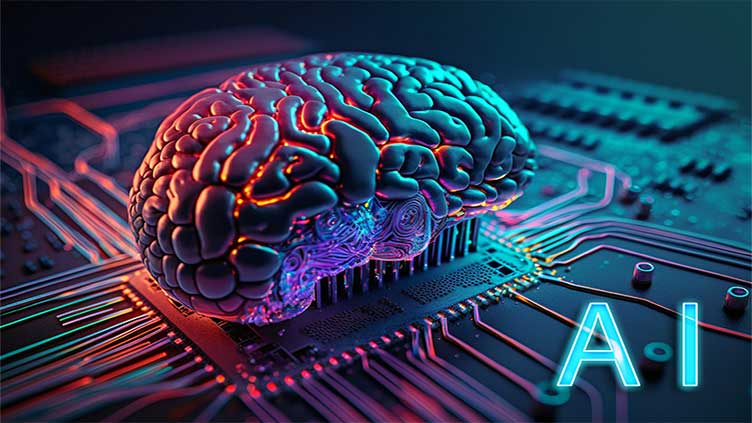Democrats propose new bill to make AI more transparent

Technology
Technology remains obscured and a matter of growing concern
(Web Desk) - Democrats will introduce a bill in the House of Representatives that would require companies creating artificial intelligence models to disclose details about how they develop that technology.
The AI Foundation Model Transparency Act will call on federal agencies to set transparency standards and give the public a chance to understand the data beneath products like OpenAI’s ChatGPT or Google’s Bard chatbot.
Greater transparency could help consumers understand whether a system is spitting out incorrect information or making biased decisions.
Most AI models exist today as a “black box,” Beyer told The Messenger, making it “hard to explain why a model gives a particular response.”
As the technology has flourished in the past two years, concerns have mounted about whether it is growing too quickly and whether the businesses racing to commercialize are prioritizing profit over safety.
“Giving users more information about the model—how it was built, its dimensions, and what background information it bases its results on—would greatly increase transparency,” added Beyer, who worries AI could be misused in such everyday areas as housing applications and loans.
Practically, it would mean being able to easily find information about how the model works on the model's website, so if a user gets a biased or incorrect answer out of the model, they can go to the details on the model and see whether the model has been known to perform worse for those scenarios.
Beyond that, the bill would require companies to articulate the limitations and risks of their model as well as show an overview of past edits to their model.
The data that goes into training models is generally scraped, or indiscriminately gathered, from the internet. That can mean it sucks up all kinds of information – both good and bad.
On Wednesday, for example, the largest dataset used to train AI image generators was taken down because it included over a thousand images of child sexual abuse material.
There have also been numerous instances of AI producing false information or misidentifying people, in the case of facial recognition.
The bill tasks the Federal Trade Commission to work with the National Institute of Standards and Technology, the Copyright Office and the Office of Science and Technology Policy to develop the transparency standards.
The Democrat-introduced act faces an uphill challenge to make through a fractured Congress — especially during a presidential election year that promises to further harden divides between Democrats and Republicans.
Yet it could see life as a part of a larger legislative package if the two parties can find momentum on an issue that has garnered some bipartisan support.


